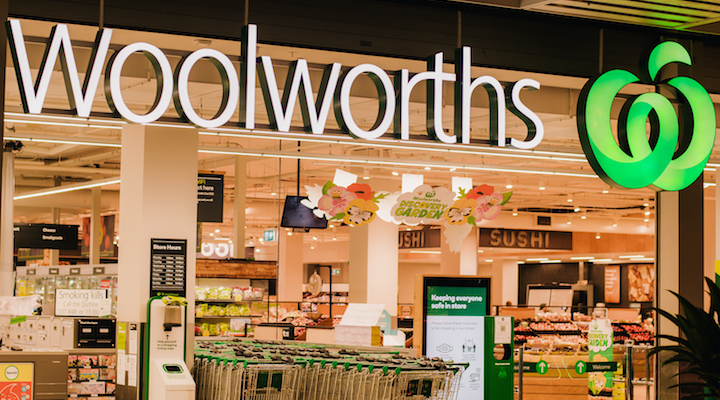Woolworths Group’s announcement earlier this month that it will no longer sell Australia Day-themed merchandise for the upcoming national holiday due to “a decline in demand” has been met with praise by supporters and calls for a boycott by critics. But will it lead to widespread industry change, or dissuade other retailers from speaking out about January 26? Dr Abas Mirzaei, a marketing lecturer at Macquarie University, told Inside Retail that “Woolworths is a household name
d name, where consumers are exposed to the brand cues on a daily basis.”
As one of the biggest retailers in Australia, Woolworths Group is in a position to lead industry-wide change by being an early adopter of social issues.
“If a market leader fails to unite the community on a high-tension issue, it damages the cause they were trying to support and makes it difficult for other brands to walk into uncharted territories. So it can be a make-or-break move,” said Mirzaei.
Last year, Woolworths Group, the company behind Woolworths Supermarkets and Big W reportedly told staff they could choose to work on January 26 and take another off day at the discretion of their manager.
In announcing its decision to phase out stocking Australia Day-themed merchandise this year, a spokesperson for Woolworths Group said, “There has been a gradual decline in demand for Australia Day merchandise from our stores over recent years.”
“At the same time, there’s been broader discussion about 26 January and what it means to different parts of the community.”
The reaction to Woolworths Group’s decision to phase out Australia Day-themed merch mirrors the public response Kmart received when it halted production in 2023.
However, Indigenous business leaders have welcomed the move to stop selling Australia Day-themed merchandise at retailers including Woolworths, Big W, Kmart and Aldi.
“Reconciliation Australia welcomes Woolworths Group’s decision to not sell any themed merchandise in their supermarkets or Big W ahead of Australia Day in response to changing community behaviours and attitudes,” a Reconciliation Australia spokesperson told Inside Retail.
“The Woolworths Group are currently implementing their third Reconciliation Action Plan. They continue to look for ways to support First Nations peoples’ and reconciliation activities that also make business sense,” said a Reconciliation Australia spokesperson.
For now, fellow supermarket giant Coles does not seem to be following suit and has stated that it will continue to sell Australia Day merchandise, which is stocked in some local supermarkets as the ‘manager’s pick’.
“We are stocking a small range of Australian-themed summer entertaining merchandise throughout January, which is popular with our customers for sporting events such as cricket and tennis, as well as for the Australia Day weekend,” a Coles spokesperson told Canberra Times.
Meanwhile, German-owned supermarket Aldi has aligned itself with Woolworths’ and Kmart’s stance, confirming its Australia Day Special Buys catalogue will not be returning this year.
In previous years, Aldi had offered Australian flag-themed accessories and apparel, including a controversial T-shirt in 2014 with the slogan “Australia est. 1788,” which was eventually recalled.
Designing a well-informed strategy for 26 January
As long as Australia Day continues to be celebrated on January 26, the date of the country’s colonisation, retailers are likely to face scrutiny over their decision to sell merchandise or not and to stay open or close their doors on this date.
“For a lot of people, myself included, January 26 is considered a day of invasion. It’s the day that the Union Jack was raised and colonisation began. Seeing the Australian Flag (which includes the Union Jack) is a reminder of the suffering that colonisation has caused,” said Aunty Munya, co-director of Evolve Communities.
“For many Australians, 26 January can’t be seen as anything other than a day of mourning.”
For retailers that want to show their support for First Nations communities, Carla Rogers, co-director of Evolve Communities, shared some practical steps retailers can take.
“There are a number of things that retailers can do to show their support, such as: communicating to their employees that celebrating Australia Day is optional and providing the option to work on January 26; supporting Indigenous businesses by stocking Indigenous products; flying the Aboriginal and Torres Strait Islander flags and displaying an Acknowledgement of Country in store entrances,” added Rogers.
The upcoming Australia Day follows the unsuccessful 2023 referendum for constitutional recognition of Aboriginal and Torres Strait Islander people.
“If you read the latest news you’ll hear that polls say most Australians don’t want to change the date. That hasn’t been our observation,” said Rogers.







